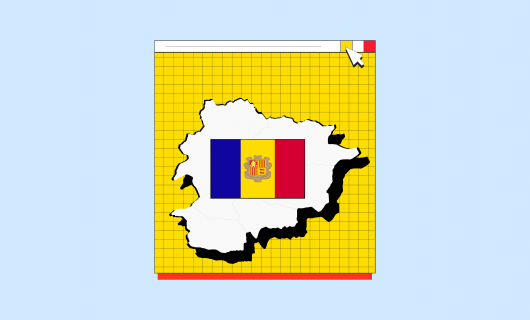A simplified procedure for accessing “non-public” data offered by ICANN

These two sensitive issues – respect for personal data and anonymity – are two sides of the same coin. How can we reconcile the need to respect confidentiality with the need to trace online actions? Above all, how can we standardize practices when national legislations do not all have the same requirements?
On November 27, the Internet Corporation for Assigned Names and Numbers (ICANN) launched its new online Registration Data Request Service (RDRS). This service allows applicants to submit a request to obtain information that is not publicly available about a domain name, such as the name and contact details of its holder.
The “Registration Data Request Service” enables registrars who have activated RDRS to be queried free of charge for non-public registration data. ICANN points out that this service does not guarantee that this data will be obtained, but harmonizes the procedures for contacting the registrar. This system applies to generic extensions (gTLDs) governed by ICANN, but not to national extensions (ccTLDs), whose management is delegated to the authorities in each country.
A unique procedure
This data, which ICANN refers to as “non-public data”, includes the names, personal addresses and telephone numbers of legal entities linked to a domain name holder. This data is not made public, but must be accessible to entities with a legitimate interest in using it: police, lawyers, cybersecurity professionals, etc.
Until now, those concerned had to submit their requests for disclosure to each registrar in charge of the domain name in question. Ultimately, RDRS aims to facilitate this process by centralizing requests on a single platform.
The implementation of this system should also provide the ICANN Board with information on the volume and nature of these requests, and on the type of response provided by registrars.
The first models of this service were proposed in June 2023, prior to discussions on simplifying the procedure during the summer. The first registrars are involved in a 2-year test phase (2024 and 2025) to analyze the use of the service available on the ICANN website and assess its relevance.



